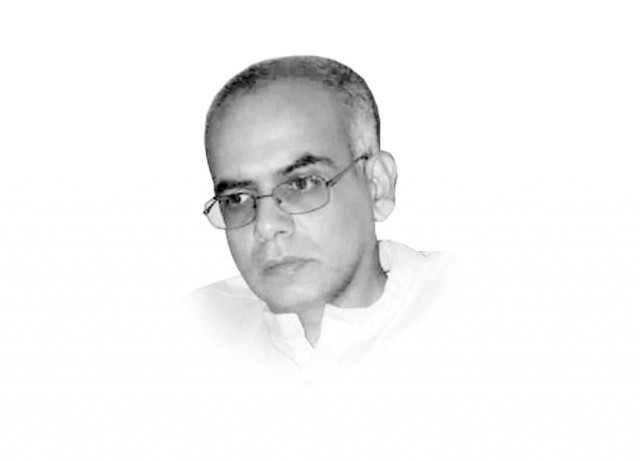No country for the old
It is imperative more attention be paid to actual implementation of laws put in place to safeguard senior citizens

The writer is author of the book Development, Poverty and Power in Pakistan, available from Routledge
The elderly population is rising globally, and Pakistan is no exception. In fact, we are already amongst 15 countries which have more than 10 million older adults, and the number of our elderly citizens is projected to grow drastically in the coming decades.

Pakistan faces mammoth challenges in looking after its aging population. Despite the prevalent myth of traditional family values, and respect for the elderly, the fact remains that taking care of the elderly puts an enormous financial and physical burden on their family members. A large number of elderly people are thus often trapped, isolated, become victims of neglect and are vulnerable to abuse.
Much of our aging population lacks financial independence. Entities like the Employees Old Age Benefit Institution (EOBI) provide minimal pensions to a minuscule proportion of the elderly. According to recently released figures, there are around 525,000 EOBI pensioners, two-thirds of whom are receiving merely Rs3,600 on a monthly basis. While the private sector also provides gratuity, provident or pension schemes to retiring employees, the majority of those who have toiled their entire lives in the informal sector get no such benefits. It is thus not surprising that a vast majority of the elderly population does not have any financial security once they stop working.
Given the lack of widespread health insurance coverage, much of the elderly population also has to rely on earning members of their family to bear the cost of their health expenditures. Moreover, geriatrics as a specialised area of medical training is not given due attention in Pakistan. Hospitals do not have specialised geriatric wards, nor is geriatric care given much importance when making public health budgetary allocations. Treatable health issues which accompany old age thus end up causing unnecessary suffering and debilitating dependence amongst our elderly population.
Besides sporadic concern by healthcare professionals, there are no reliable statistical figures available or comprehensive research studies which document health and other related problems facing the elderly. There is not much encouraging evidence available of concrete efforts being made by the present federal and provincial governments to address the lingering concerns of the elderly.
The federal government is yet to pass a legislation to try and improve the state of elderly citizens, despite the formulation of the Pakistan Senior Citizens Welfare Act back in 2007. Khyber-Pakhtunkhwa (K-P) is the only province to have passed legislation to ensure the welfare of senior citizens during this past year. There were reports of the chief minister of the province having instructed the social welfare department to prepare comprehensive welfare schemes for senior citizens. The aim is to set up retirement homes for older citizens who cannot afford to live alone, provide older citizens who are registered with the government monthly stipends and to enable people over the age of 60 years free travel in public transport, free medical treatment, as well as free entry to parks and libraries. However, there is not much information available about the actual implementation of this provincial bill. It is imperative that more attention be paid to the actual implementation of the laws put in place to safeguard senior citizens’ interests in K-P, besides building pressure on other provinces to follow suit.
Published in The Express Tribune, May 15th, 2015.
Like Opinion & Editorial on Facebook, follow @ETOpEd on Twitter to receive all updates on all our daily pieces.



















COMMENTS
Comments are moderated and generally will be posted if they are on-topic and not abusive.
For more information, please see our Comments FAQ